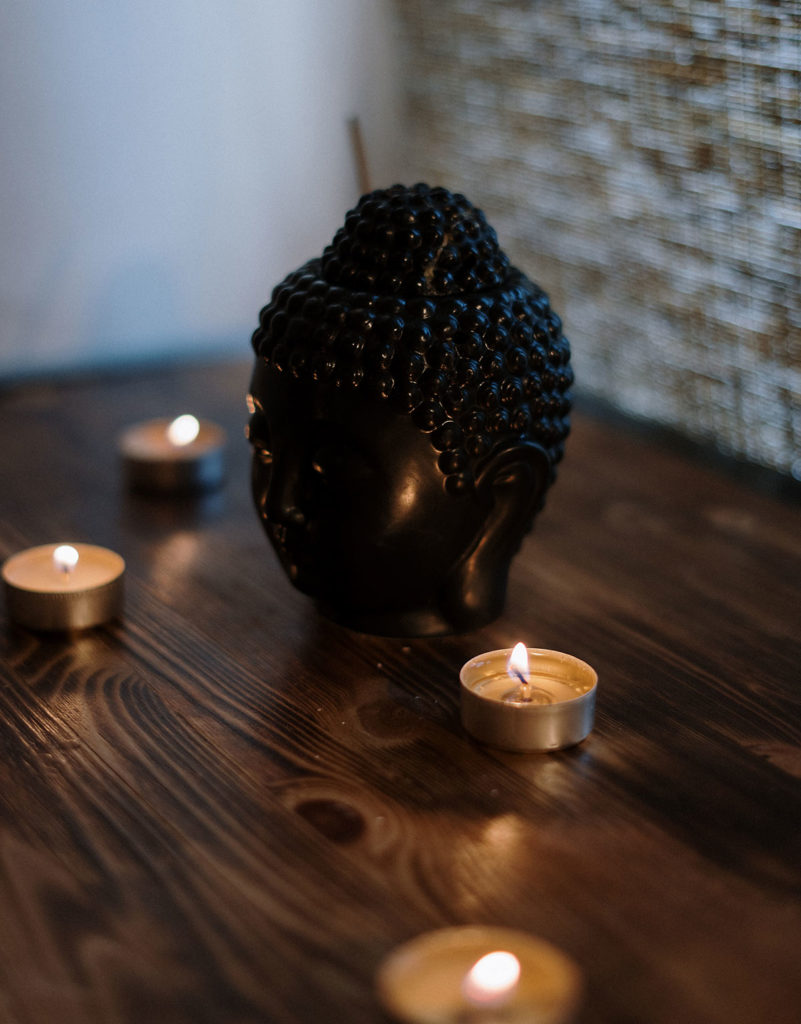Ask and You Shall Receive. Seek and you shall find. Knock and the Door Shall Be Opened.
Matthew 6:24-25
I believe that there is a benevolent spiritual energy both all around us and within us that we can call upon during times of need. Spiritual resources such as faith, hope and courage are every bit as important to the person recovering from suicidal pain as are the more “tangible” tools of medicine and psychology.
Because of this, I encourage you to call upon the spiritual help and support that are always available. I don’t think I would have survived my suicidal episodes without the help of my “guardian angels.” When I was overwhelmed by feelings of hopelessness and despair, knowing that I was not was not alone was tremendously consoling, and gave me the strength to keep living.
One way that I tap into my benevolent higher power is through the power of prayer. As far as I know, there are no scientific studies that document the efficacy of prayer in the healing of depression or other forms of mental illness. There do exist, however, documented cases about the success of prayer in physical healing, as shown in Larry Dossey’s book called Healing Words. If prayer can alter physical matter, and the brain is made of material substance, then it seems reasonable that prayer can impact the brain chemistry that creates suicidal pain.
The Twelve Steps of Alcoholics Anonymous is a program of spiritual transformation that has helped many people attain peace and serenity. The eleventh step says, “Sought through prayer and meditation to improve our conscious contact with God as we understood Him, praying only for knowledge of His will for us and the power to carry that out.”
There is no right way to pray. The sincerity of your longing and your intention to heal are more important than the structure you use. Often, connecting with your higher power simply means sitting quietly and listening for that “still small voice within.” Once you contact that inner voice, it will guide you on the path of recovery

Along with praying for your own healing, it can be a powerful support to ask individual people to imagine the highest and best good for you. This is sometimes called “keeping the high watch” and involves asking friends, family members, or members of your spiritual community to think of you throughout the day.
It is also helpful to have people pray together for you in a group. This group could consist of a small group of friends or family. Or, if you belong to a church or any other spiritual organization, find out if they have a prayer ministry or prayer chain and ask them to add your name to their prayer list. You can also request a prayer to occur in person during some religious services. Having your spirituality community gather in solidarity for you will help you to feel less alone.
If you’re interested in receiving support by phone, there is a wonderful 24-hour telephone prayer service called “Silent Unity” offered by the non denominational spiritual institute, Unity. They will also send you a letter of prayer support, put your name in their prayer chapel, and pray over your name for thirty days. To contact Silent Unity, call 1-816-969-2000 or go to their website. You can also download a free Silent Unity app called “uPray” which you can use to make prayer requests from your phone or tablet.
There is also a Buddhist Abbey located in the state of Washington called Sravasti Abbey where they take prayer requests. E-mail them at office.sravasti@gmail.com.
Meditation is a means by which you can connect with the spiritual source within you and slow down the mind’s mental chatter. Regular meditation has been shown to alleviate both the symptoms of anxiety and depression that often accompany thoughts of suicide.
All of us are bombarded by thousands of thoughts every day. If you are depressed or suicidal, these thoughts can be negative and harmful. The process of meditation involves stilling the mind by focusing on your breath or a positive phrase. If your mind wanders and returns to a distressing thought, you simply note the thought that arises and return to your breath or positive phrase. This allows you to detach from the negative thought and gain a semblance of peace. As one meditator observed, “When I meditate regularly, I find that in these moments I can let all of this noise simply fall away, like silt to the bottom of a lake.”

For some people, meditation works best when it is done in a group setting. There are active meditation groups throughout the world, both associated with spiritual centers such as Buddhist temples and with secular organizations. They often feature meditation teaching. YouTube can be a good resource for finding meditation guidance, and you can practice right along with the videos. Or you can download meditation apps such as CALM and Headspace that are easy to use. You can listen to them any time you want some peace and relaxation.
Many people find that activities done in natural surroundings, such as sitting by a stream or walking on a mountain path, put them in a powerfully meditative state. The idea is to get into a state of receptivity where you allow yourself to just be. A line from the Hebrew Bible, Psalm 46:1-2, says it succinctly: “Be still and know that I am God.”
Over the years, as I have gone in and out of depressive episodes, I have come to rely upon a number of prayers to support me when I felt fearful or hopeless. I encourage you to read any of these prayers when you need some spiritual support. Sit in meditation and see what the prayer evokes in you. If you feel inspiration or take any message from the prayer, write it down. You might want to create a specific journal where you can keep your own special prayers or other inspiring words that lift your spirit.

This protection prayer was written by James Dillet Freeman. I encourage you to say this affirmation whenever you are feeling hopeless or discouraged or in danger of harming yourself.

This beautiful prayer by the 16th century Spanish mystic St. Teresa of Avila has offered me reassurance in times of distress.

This is a prayer that I wrote to myself during my most severe depressive episode
I encourage you to search for other poems or prayers that are meaningful for you.
If you are interested in exploring more of what prayer or meditation can do to support you, take some time with these questions, either in your own journal or on the prayer and meditation downloads page.

The content of this website is for educational purposes only and is not meant to replace diagnosis or treatment by a qualified mental health professional.